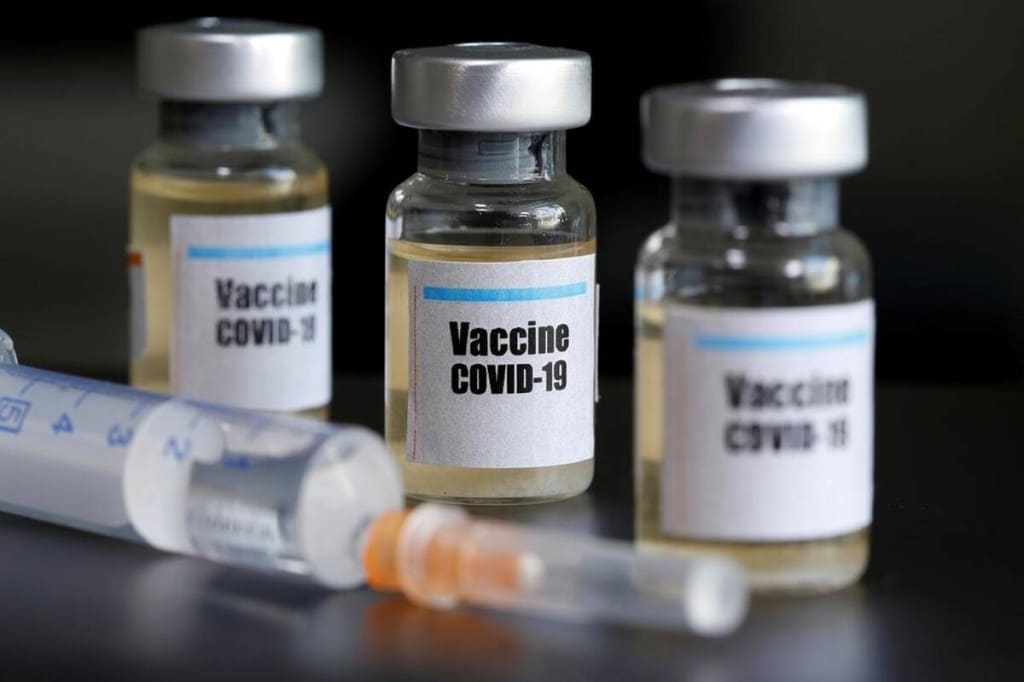An official statement from the Chinese government, relating to president Xi Jinping’s telephone conversation with German chancellor Angela Merkel, mentions “vaccine nationalism”, but in a context that is rather hard to digest. As per the release, Xi told Merkel that China opposes the politicisation of vaccines or “vaccine nationalism”. And that China wishes to work with the international community to “promote fair and reasonable vaccine distribution”. It would have been mighty fine rhetoric, only if China’s actions in the recent past didn’t stand completely contrary to it.
Barely three weeks ago, Chinese embassies in many countries, including India, the United States, Israel, the United Kingdom and the Philippines, issued notices on how foreigners could go about applying for Chinese visas; bear in mind China had closed its borders more than a year ago to international travellers. The notices made it clear that obtaining the Chinese visa would be easier for those vaccinated with Chinese vaccines; to be sure, those who have been vaccinated with other vaccines can still apply, but they would need to cite much stronger reasons for wishing to enter the country and submit many more documents. At present, there are five Chinese vaccines that have been approved for use in China, and, as per CNBC’s analysis of data from a vaccine-tracking website, 34 nations have approved at least one Chinese vaccine. Against such a backdrop, the visa rules could be a way to arm-twist more nations into approving at least one Chinese vaccine. China’s vaccine coercion has been evident in other forms; recently, it attempted to force Paraguay, with a promise of access to vaccines, to break ties with Taiwan. The gap between China’s words and actions have been evident on many fronts; vaccines are just the latest platform where this is playing out.


